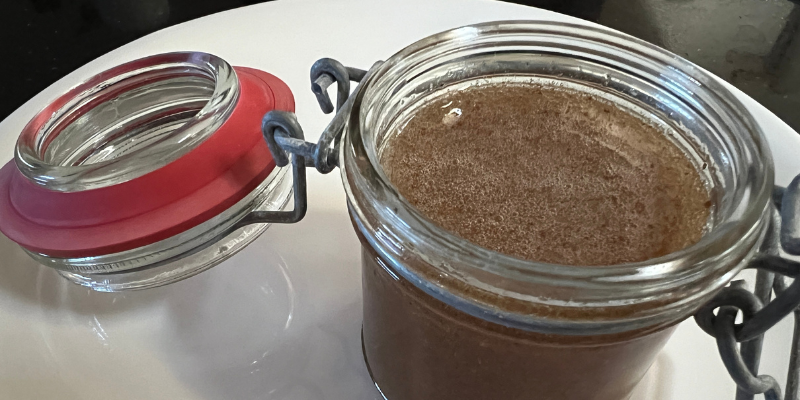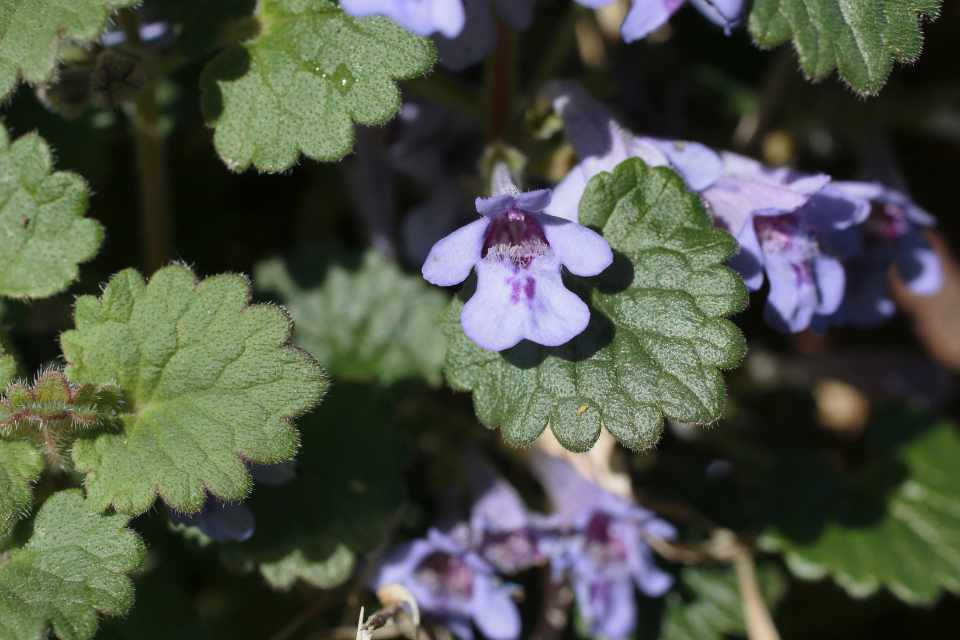My favourite herbal medicines are those that are both food and medicine. And pomegranate is just that. So, during this week of Christmas, I want to talk about this most Christmassy of fruits.
Pomegranate is an exotic fruit. Well known for its gorgeous deep red seeds and delicious flavour. But did you know it has incredible health benefits too?
The pomegranate grew originally in the Himalayas and the Middle East. But people spread the tree to other places. It grew in The Hanging Gardens of Babylon and is mentioned in the Bible. Not only was it known to the ancient Egyptians and Greeks. But it was also used as a remedy for digestive problems in Ayurvedic medicine for hundreds of years.
Now they are grown in many parts of the world. And researchers are learning about its many potential medicinal uses. It turns out that almost every part of the tree has medicinal properties. Including seed, pulp, fruit rind, flower, root and bark. In fact, pomegranate can be enjoyed fresh, or juiced, dried, and even fermented into wine.
What makes pomegranate so great?
Pomegranate seeds contain sugars, fruit acids, amino acids and a small amount of oil. The fruit and fruit rind are rich in polyphenols. It is these polyphenols that provide the health-promoting antioxidant and anti-inflammatory actions. Fighting the free radicals that can damage your cells.
The juice has powerful antioxidant properties. Much more than other fruit juices such as black cherry, cranberry, blueberry or grape. It even has more antioxidant capacity than red wine or green tea.
There is a lot of research on the potential health benefits of this fruit for a wide range of health issues. With a lot of interest in its ability to reduce heart disease risk factors. Initial studies suggest an ability to prevent or treat cardiovascular diseases. Risk factors such as high blood pressure and high cholesterol were significantly reduced. With most of the evidence from animal studies at the moment.
There is a tradition of use of pomegranate for diabetes and metabolic syndrome. Modern research supports this. Studies show a blood sugar lowering effect whilst increasing insulin sensitivity. A glass of the juice daily, for twelve weeks, helped people with type 2 diabetes. Their blood inflammatory markers significantly improved compared to controls. In another study, pomegranate flowers reduced markers of fatty liver in diabetic rats.
Pomegranate and cancer
Pomegranate juice and extracts also fight cancer. With much more research required. Initial trials are encouraging. Though again at the moment most studies are on animals rather than people. Results suggest it is one of the most promising dietary supplements for fighting cancer. And, including pomegranate in the diet may prevent cancer from growing and spreading.
Some types of cancer that pomegranate may help include prostate, breast, colon, bladder, lung, skin and leukaemia. So far, most of the cancer research on people has been on prostate cancer. In human trials, it prevented cancer cell growth and promoted cancer cell death. Other cancer studies are mainly on animals or on cancer cells in test tubes. But the results are encouraging and research continues.
Pomegranates and bacteria
But that is not all… Pomegranates are strongly antimicrobial. They help your body to fight bacterial, viral and fungal infections. This could be incredibly important as more bacteria become resistant to current antibiotics. The studies suggest that this amazing fruit kills disease-causing bacteria. But may also promote the growth of beneficial strains of gut bacteria.
Pomegranate is effective against several species of bacteria, including some multi-drug resistant strains:
- Helicobacter pylori, the bacteria that causes stomach ulcers
- Clostridium difficile, causes severe infections, often in a hospital environment
- Listeria monocytogenes, causes food poisoning
- Streptococcus mutans, the bacteria responsible for dental caries
- Staphylococcus aureus, causes skin infections and respiratory infections, MRSA is methicillin-resistant Staphylococcus aureas
- Escherichia coli, some strains cause food poisoning
- Mycobacterium tuberculosis, causes tuberculosis
- Klebsiella pneumonia, can cause respiratory infections in people with weakened immune systems
- Yersinia enterocolitica, causes food poisoning
Also, see my post Pomegranate fights acne causing bacteria
Bacteria are able to hide from antibiotics inside a protective coat, called a biofilm. Pomegranate inhibits the formation of biofilms. Suggesting a potential role alongside antibiotic treatment to improve the treatment outcomes.
An effective antiviral
As an antiviral, it is effective against the influenza virus and norovirus. In the UK, the most vulnerable people are offered an annual influenza vaccine. But for the moment there is no vaccine against norovirus. This virus can be deadly. But pomegranate offers some protection. Studies also suggest that pomegranate may inhibit the human immunodeficiency virus, HIV.
And, if these are not enough reasons to include it in your diet. Here are some more…
Arthritis
In animals, in one study, pomegranate protected cartilage and reduced joint damage in osteoarthritis. And in other research, pomegranate reduced the inflammation and bone destruction in rheumatoid arthritis.
Alzheimer’s disease
In animals again, a UK study suggested pomegranate extract provided protection against Alzheimer’s disease. A compound in pomegranate may reduce inflammation in the brain. This may delay the onset of dementia or Alzheimer’s disease. Other animal research suggested that pomegranate might protect against stroke damage to the brain.
Fertility
Modern research has confirmed the traditional use of pomegranate for increasing fertility. In male animals, pomegranate increases sperm count, quality and motility. The treated animals also had higher levels of testosterone. And a study of pomegranate and galangal combined treatment in men, increased their fertility. Three months of daily treatment significantly increased their number of motile sperm.
Pomegranate may also find a role in women’s hormonal health. Since, the fruit contains plant oestrogens, called phytoestrogens. These are similar in structure to the body’s oestrogen. But phytoestrogens only weakly stimulate the oestrogen receptors. This property can be helpful to reduce the symptoms of perimenopause or menopause. A period in which the oestrogen levels are naturally decreasing. Phytoestrogens can help the body make the transition to lower oestrogen levels.
Skin health
Extracts of pomegranate also show health benefits when applied to the skin. It is naturally rich in tannins. And has antioxidant and anti-inflammatory effects that aid in wound healing. The extract prevents collagen destruction by ultraviolet light. Preventing wrinkles and the appearance of ageing skin.
Pomegranate has been described as a super fruit and it is not hard to see why. It has a record of safe use for hundreds if not thousands of years and research studies to confirm it.
Sometimes though foods can interact with prescribed medicines and other medical treatments. Because of the amount of interest in pomegranate, research is still ongoing in this area. So far pomegranate has shown safety and efficacy in patients undergoing dialysis. Yet it gave no cause for concern when given alongside simvastatin, in a trial on animals.
In any event, it is important to be aware that pomegranate may interact with prescription medicine. So, please consult your doctor or authorised healthcare professional if you wonder if pomegranate products are right for you.








0 Comments